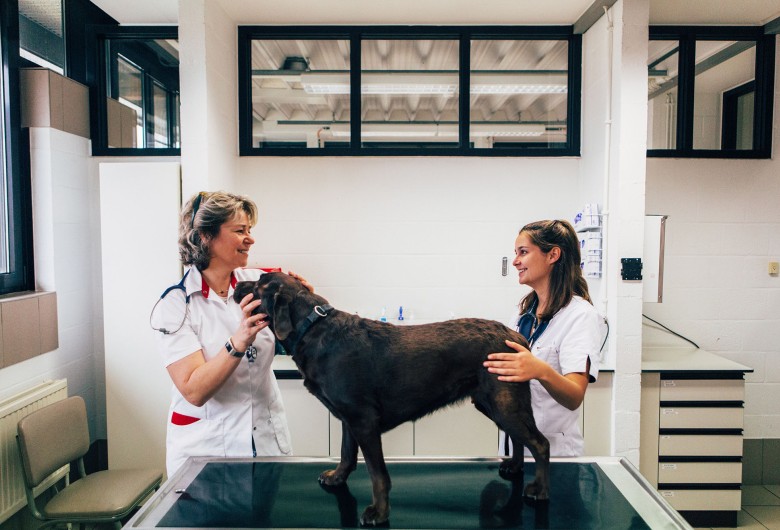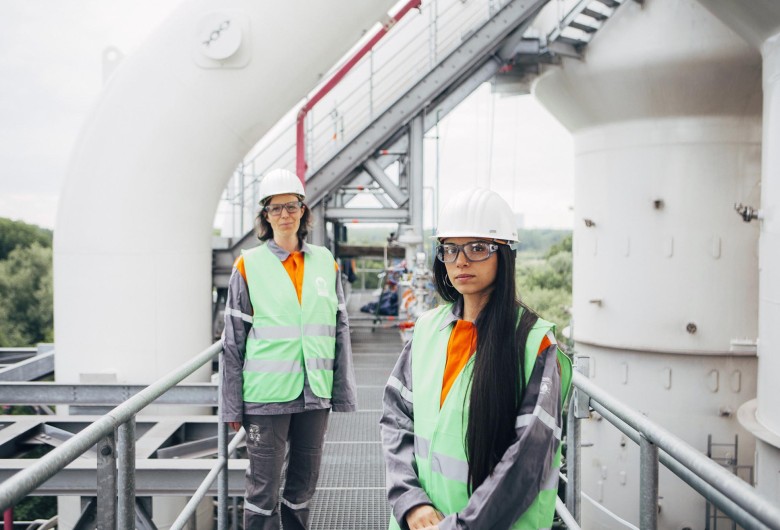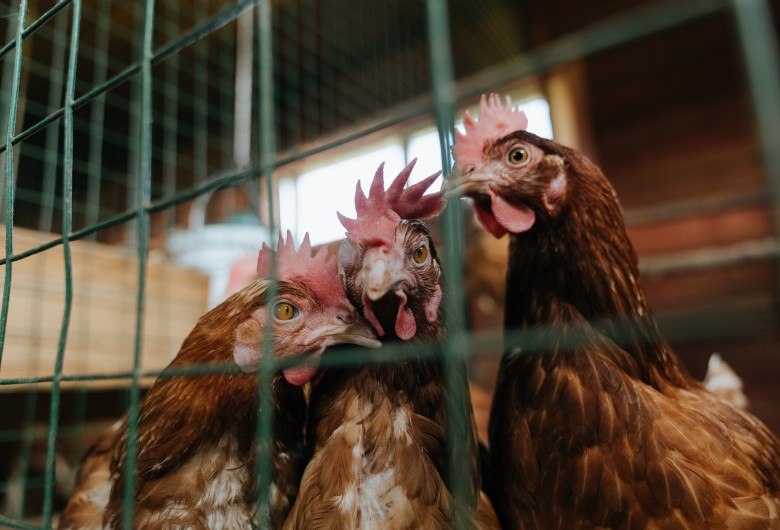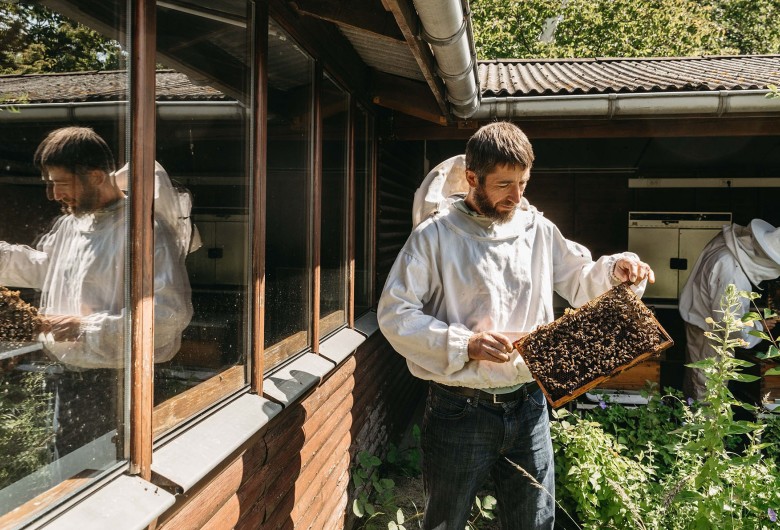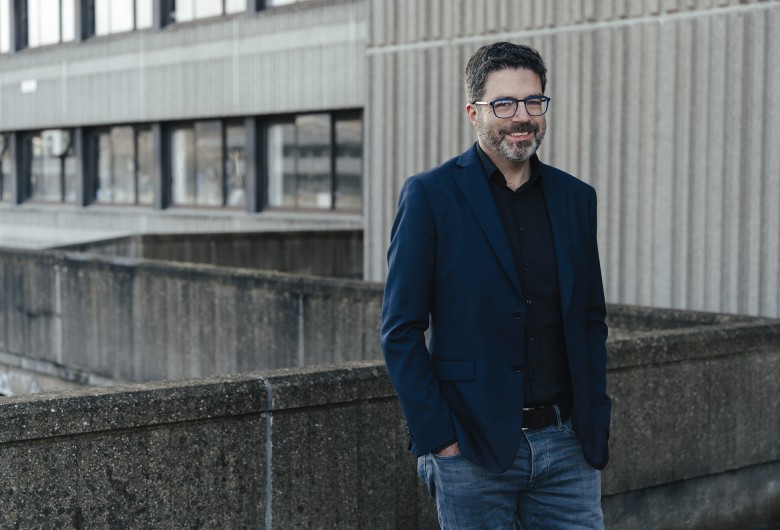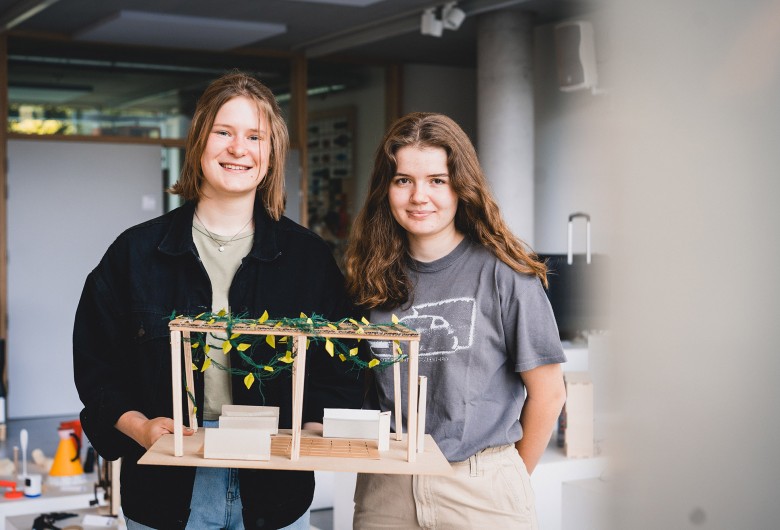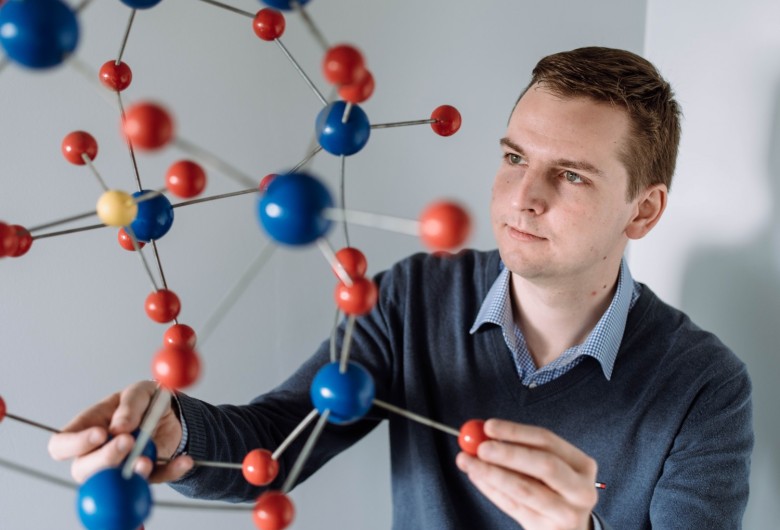Here’s how to protect your four-legged friend from the heat
While we humans tend to enjoy the hot summer days, it can often be hell for our dogs and cats. What’s the best way to keep those furry friends nice and cool? Common sense will get you a long way, says professor Sylvie Daminet, chair of the Department of Small Pets.
